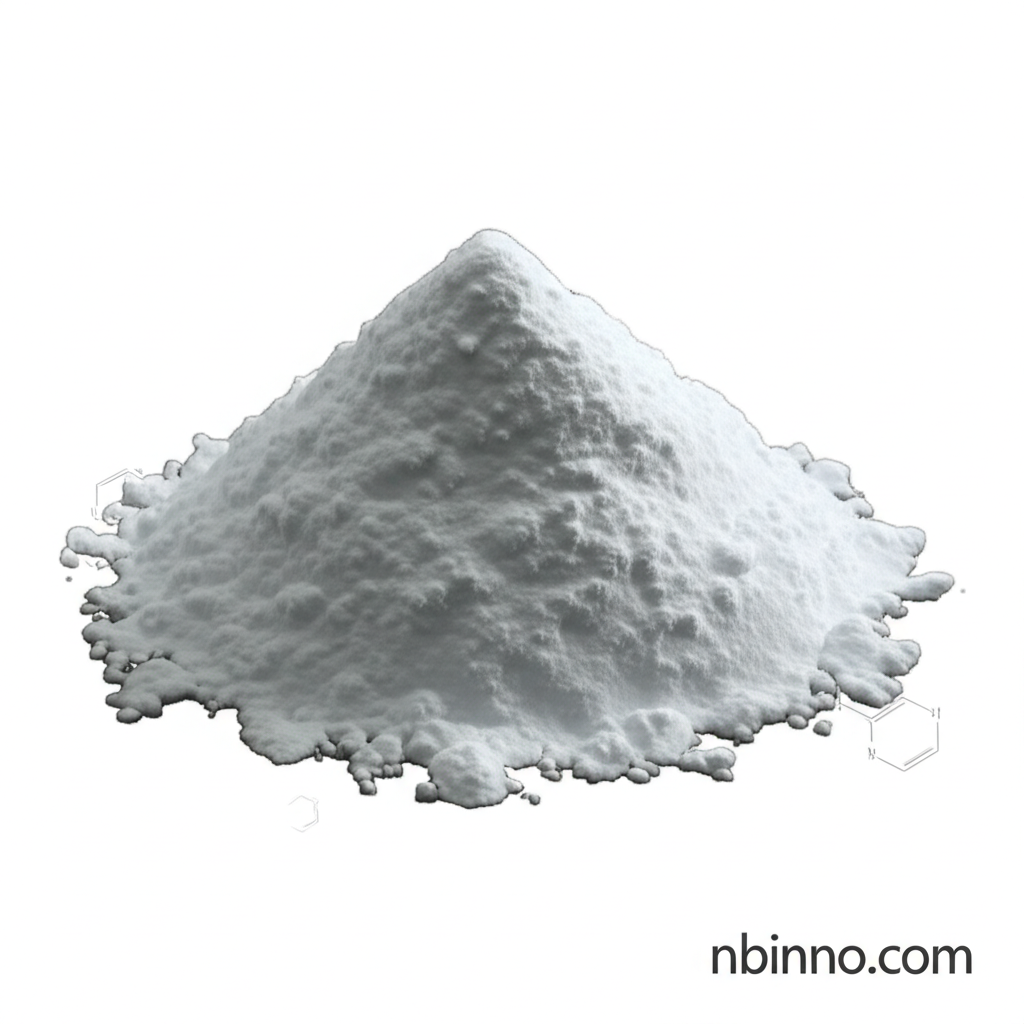GLYX-13: A Novel Nootropic Peptide for Cognitive Enhancement and Antidepressant Therapy
Discover the potential of GLYX-13, a groundbreaking peptide for improved brain function and mood regulation.
Get a Quote & SampleProduct Core Value

GLYX-13 Peptide
GLYX-13, also known as Rapastinel, is a synthetic peptide that acts as a selective, weak partial agonist at the glycine site of the NMDA receptor complex. This unique mechanism allows it to simultaneously promote long-term potentiation (LTP) and suppress long-term depression (LTD), leading to significant improvements in cognitive functions and offering rapid, long-lasting antidepressant effects.
- Research shows that GLYX-13 peptide acts as a NMDA receptor modulator, influencing neurotransmission for enhanced cognitive function.
- As a glycine site partial agonist, GLYX-13 plays a key role in improving brain power to solve problems and protect it from injury.
- The potential of GLYX-13 as an antidepressant therapy for treatment-resistant major depressive disorder is a significant area of ongoing research.
- This peptide synthesis for nootropics offers a novel approach to cognitive enhancement and mood regulation.
Key Advantages
Enhanced Cognitive Function
GLYX-13's action as a NMDA receptor modulator contributes to its efficacy in boosting memory and learning capabilities, making it a valuable tool for cognitive enhancement.
Therapeutic Potential for Depression
Its antidepressant properties, particularly for treatment-resistant major depressive disorder, position GLYX-13 as a promising candidate in psychiatric medicine.
Neuroprotective Properties
By modulating NMDA receptor activity, GLYX-13 may offer neuroprotective benefits, safeguarding brain health against various insults.
Key Applications
Cognitive Enhancement
Leveraging GLYX-13 nootropic peptide for boosting memory, learning, and overall cognitive performance in research settings.
Antidepressant Research
Exploring GLYX-13 as a novel adjunctive therapy for major depressive disorder, particularly in cases resistant to conventional treatments.
Neuroscience Research
Utilizing GLYX-13 as a research chemical to study NMDA receptor function and its role in synaptic plasticity and brain disorders.
Learning & Memory Studies
Investigating the impact of GLYX-13 peptide on learning and memory paradigms to understand its potential in addressing cognitive deficits.
